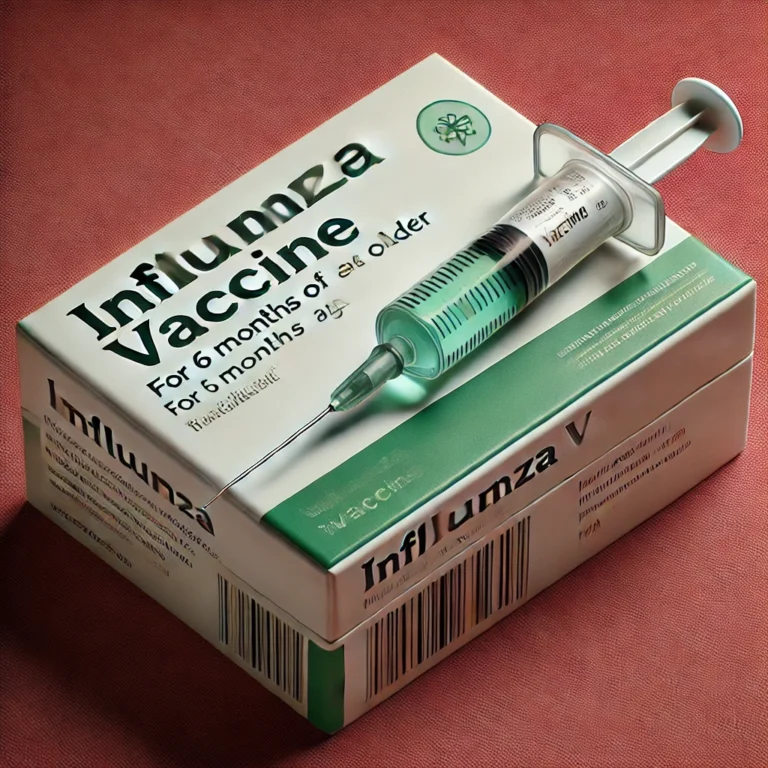In recent years, the rising costs of prescription drugs have become a growing concern for policymakers and patients alike. With a significant portion of the American population relying on Medicare to cover their healthcare expenses, the need for effective price negotiations is paramount. However, drugmakers have found ways to maneuver around these discussions, leaving policymakers and consumers grappling with the repercussions. In this article, we delve into the controversial practice of drugmakers going under the skin, effectively skirting early US Medicare price negotiations.
Understanding the Importance of US Medicare Price Negotiations:
The Medicare program, created in 1965, provides essential healthcare coverage for individuals aged 65 and older and certain younger individuals with disabilities. With millions of beneficiaries relying on Medicare to access affordable medications, the program’s ability to negotiate drug prices directly impacts healthcare costs and patient access to life-saving treatments. The negotiations are intended to strike a balance between reasonable drug prices for consumers and fair profits for pharmaceutical companies.
Drugmakers Going “Under the Skin”:
One of the tactics employed by drugmakers to avoid early US Medicare price negotiations involves the administration of drugs in a manner that does not fall under the traditional coverage rules. By designing medications that are administered “under the skin,” manufacturers are exploiting a loophole in the Medicare system, enabling them to bypass negotiations and set higher prices for these specialized treatments.
This practice revolves around using formulations that require subcutaneous injections, where the drug is injected beneath the skin, instead of intravenous (IV) or oral administration. Although subcutaneous injections have their merits, including improved patient compliance and efficacy, drugmakers are capitalizing on this method to avoid engaging in negotiations with Medicare until much later in the drug’s life cycle.
Impact on Healthcare Costs:
The impact of drugmakers’ evasion on Medicare negotiations extends beyond the immediate cost of medications. As these specialized drugs hit the market at higher prices, the burden ultimately falls on patients and taxpayers, leading to increased out-of-pocket expenses for beneficiaries and potentially inflating overall healthcare costs.
Furthermore, this practice can create a ripple effect in the pharmaceutical industry, with other manufacturers considering similar tactics to maximize profits. Ultimately, this can hinder patients’ access to critical treatments and limit the cost-saving potential of effective price negotiations.
Addressing the Issue:
Recognizing the urgency of the situation, policymakers and healthcare advocates are pushing for legislative reforms to close this loophole and promote transparency in drug pricing. Implementing measures that facilitate early negotiations for all forms of medications, regardless of their administration method, could help level the playing field and protect patients’ interests.
Additionally, promoting competition in the pharmaceutical market and empowering Medicare to negotiate drug prices more effectively may discourage manufacturers from relying on such tactics to boost their revenues.
Conclusion:
The growing trend of drugmakers going under the skin to skirt early US Medicare price negotiations poses significant challenges for patients, policymakers, and the healthcare system as a whole. Addressing this issue requires a comprehensive approach that combines legislative reforms, increased price negotiation powers for Medicare, and a commitment to promoting fair and accessible drug pricing.
By taking meaningful action to close these loopholes, we can strive towards a healthcare system where essential medications are affordable for all, and patients can access the treatments they need without undue financial strain.












